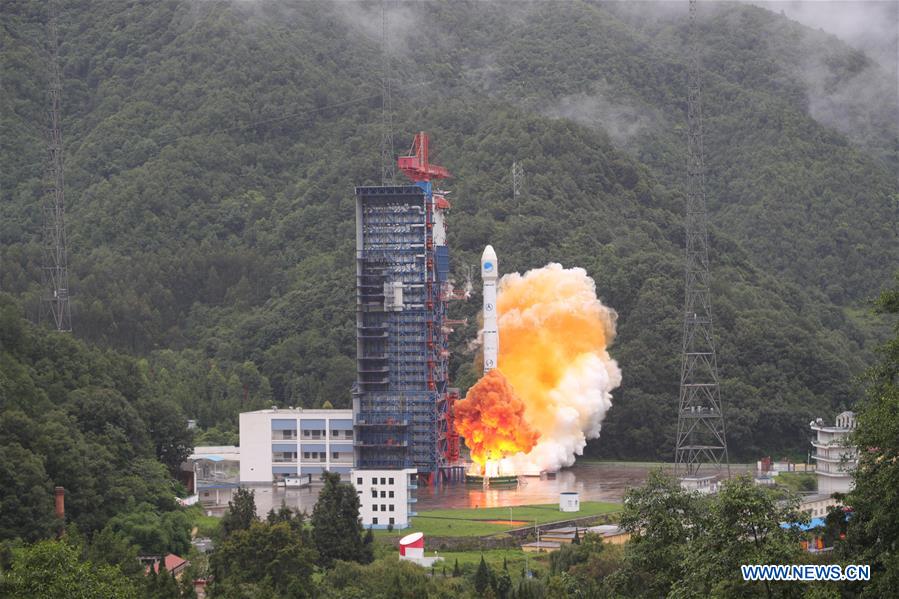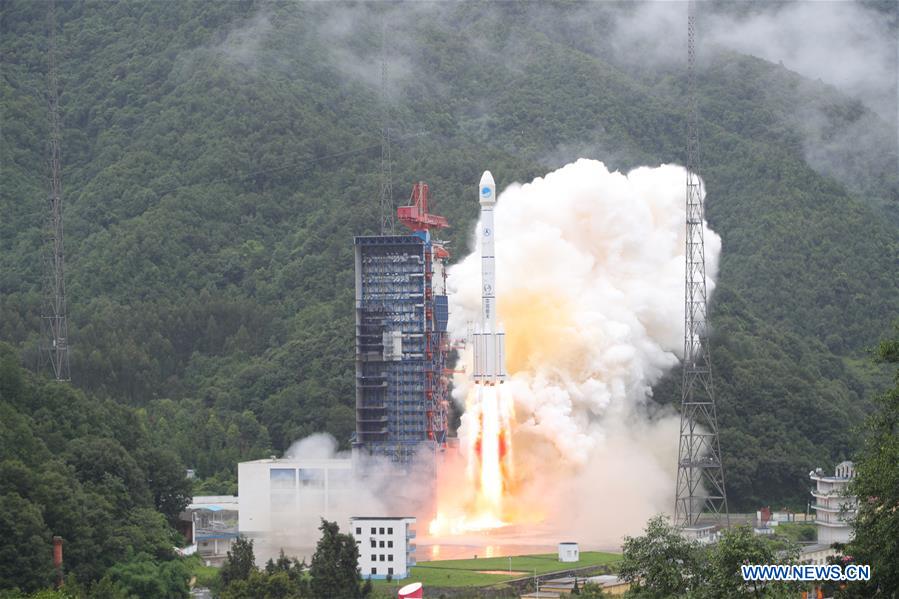China launches new twin BeiDou-3 navigation satellites


XICHANG - China on Sunday sent twin satellites into space via a single carrier rocket, entering a period with unprecedentedly intensive launches of BeiDou satellites.
The Long March-3B carrier rocket lifted off from Xichang Satellite Launch Center in Southwest China's Sichuan province at 9:48 am, the 281st mission of the Long March rocket series.
The twin satellites are the 33rd and 34th of the BeiDou navigation system. They entered orbit more than three hours after the launch. After a series of tests, they will work together with eight BeiDou-3 satellites already in orbit, said the launch service provider.

A basic system with 18 BeiDou-3 satellites orbiting will be in place by the year end, which will serve countries participating in the China-proposed Belt and Road Initiative.
Named after the Chinese term for the Big Dipper, the BeiDou system started serving China in 2000 and the Asia-Pacific region in 2012. It will be the 4th global satellite navigation system after the US GPS system, Russia's GLONASS and the European Union's Galileo.
The satellites and the rocket for Sunday's launch were developed by the China Academy of Space Technology and China Academy of Launch Vehicle Technology, respectively.
- 1 dead, 13 missing after midsize bus goes missing in north China
- Five dead in landslide in Southwest China
- Nation boosts global AI governance
- Former nuclear base keeps pioneering spirit alive
- China activates emergency response for flood control in Beijing
- China expands low-orbit internet network with new launch




































